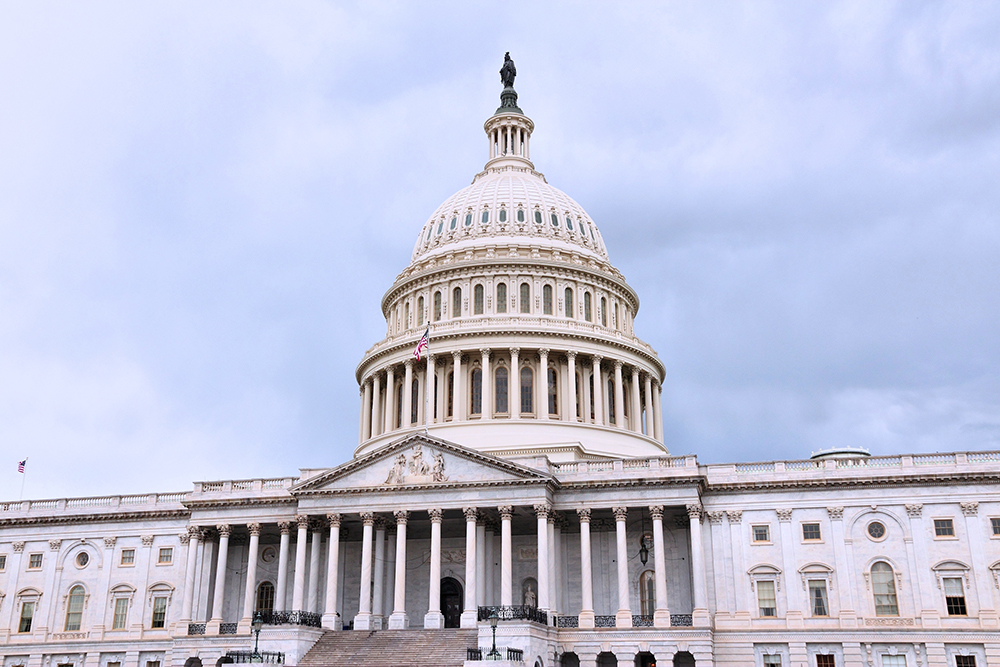
In a significant legislative development, the U.S. Senate voted today to approve the ‘Big Beautiful Bill,’ a wide-ranging piece of legislation touted by its proponents as a major policy achievement. However, the bill has drawn intense scrutiny and concern due to its potential to negatively impact healthcare coverage for a large number of Americans.
While the full text of the bill has not yet been made public, preliminary analysis and statements from lawmakers suggest that the legislation includes provisions that could lead to the rollback of certain healthcare programs. Critics have pointed out that these changes may disproportionally affect low-income families and individuals who rely on federal or state-subsidized health insurance plans.
Public health advocates have expressed alarm over the potential consequences. “Stripping away coverage from people who need it most does not serve the public interest,” said a spokesperson from a national healthcare advocacy group.
Supporters of the bill argue that the legislation will streamline government spending and reduce federal deficits. “Today marks a turning point in ensuring that our government programs are both efficient and sustainable,” said one Senate leader who championed the bill.
The exact number of people who may lose coverage remains uncertain, but early estimates suggest that it could be in the hundreds of thousands. Analysts and health policy experts are calling for a more detailed review and urging lawmakers to consider amendments that would prevent or mitigate the loss of healthcare access.
The bill now moves to the House of Representatives, where it is expected to face rigorous debate. As the legislative process continues, advocacy groups, healthcare providers, and affected citizens are preparing to make their voices heard in hopes of influencing the final version of the law.
The Senate’s decision comes amid broader discussions about the future of healthcare policy in the United States, signaling ongoing tensions between fiscal conservatism and the goal of universal health coverage.
Source: https:// – Courtesy of the original publisher.






